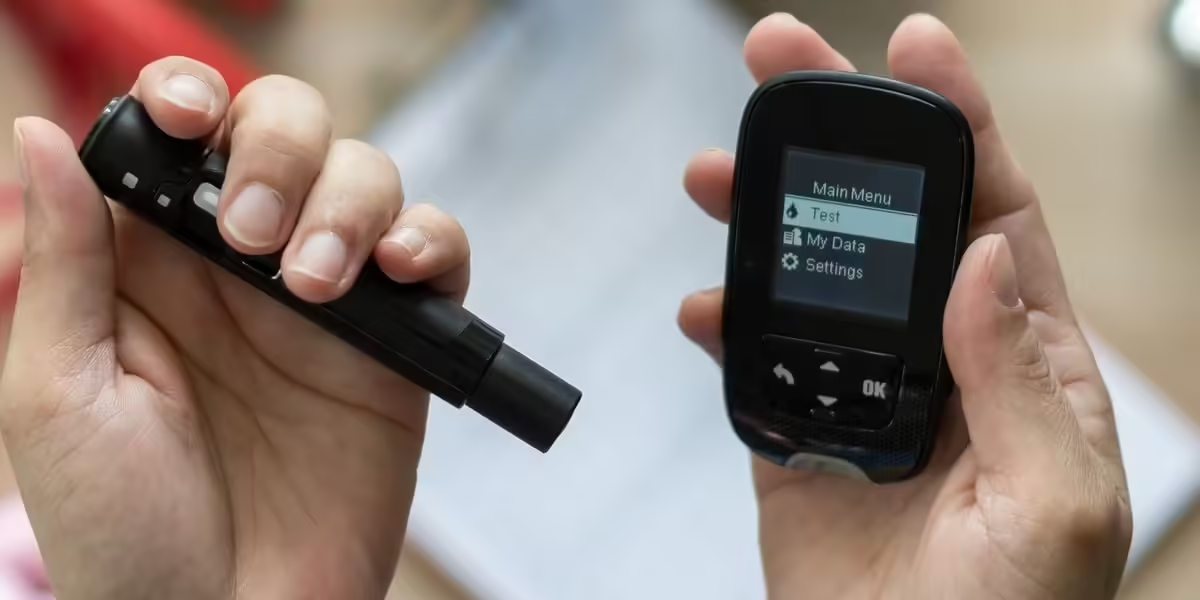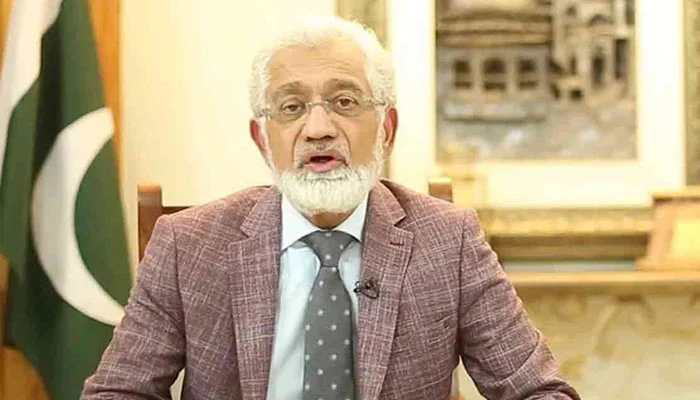Scientists have developed a groundbreaking form of insulin that adjusts to blood sugar levels in real-time, potentially transforming the treatment for millions with type 1 diabetes globally.
This innovative “smart insulin” remains inactive until needed, then activates instantly to manage blood sugar levels, mimicking the body’s natural response to glucose fluctuations. Researchers from the US, Australia, and China have pioneered this technology, which could significantly improve the lives of those with type 1 diabetes.
Rachel Connor, director of research partnerships at JDRF UK, one of the project’s supporters, stated, “While insulin has been saving lives for over 100 years, and previous research has made important advancements, managing glucose levels remains challenging. It’s time for science to reduce that burden.”
Currently, individuals with type 1 diabetes must inject synthetic insulin up to ten times a day to maintain life. The fluctuations in blood sugar levels can cause both immediate and long-term health issues and affect mental well-being.
Traditional insulins stabilize blood sugar when injected but do not address future fluctuations, often requiring additional injections within hours. In contrast, the new glucose-responsive insulins (GRIs) activate only when blood sugar levels are too high and deactivate when they fall too low, potentially reducing the need for frequent injections. Experts predict that patients might only need to take insulin once a week in the future.
The development of smart insulin has been supported by substantial funding from the Type 1 Diabetes Grand Challenge, a collaboration between Diabetes UK, JDRF, and the Steve Morgan Foundation, which is investing £50 million into advanced research for new type 1 diabetes treatments.
Dr. Tim Heise, vice-chair of the scientific advisory panel for the Grand Challenge, sees smart insulin as a significant advancement in diabetes care. He told The Guardian, “Even with modern insulins, managing type 1 diabetes requires constant effort to balance glycemic control and avoid hypoglycemia. Glucose-responsive insulins represent the holy grail of insulin therapy, coming as close to a cure for type 1 diabetes as any drug therapy could.”



